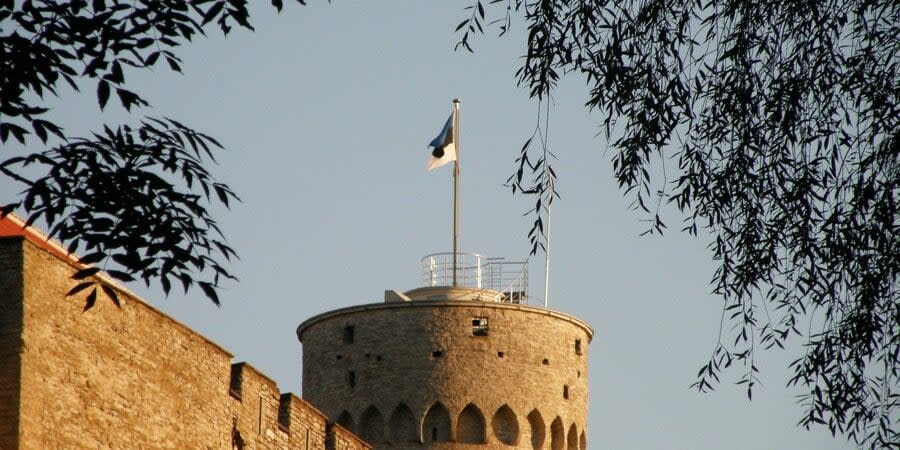Estonia Requests German permission to export cluster munitions to Ukraine

Read also: Estonia donates all of its 155mm howitzers and other weapons to Ukraine
Over 100 countries have signed the convention that prohibits the use of this kind of artillery shells, but neither Estonia nor Ukraine were among them.
Berlin would have to give a go-ahead because the cluster shells Estonian armed forces have at their disposal were procured from Germany, which has since ceased their production.
“We'll have to see what agreements between our forces we reach with Ukraine,” Estonian Defense Minister Hanno Pevkur said.
Read also: Estonia greenlights new military aid package to Ukraine
“And we're trying to secure the various authorizations we need. And then maybe we can comment further on what we've provided and what we haven't. Should we provide them (cluster munitions to Ukraine), I don't see a problem with that on Ukrainian territory, because cluster munitions are already being used by both sides' armies on Ukrainian territory.”
Cluster bombs are considered dangerous particularly to civilian populations, as undetonated elements effectively become landmines, scattered across large areas. However, there were numerous cases of cluster munitions being used in the war in Ukraine.
Read also: US to bolster military presence in Estonia
“In other words, cluster munitions aren't especially accurate weapons,” Rene Värk, associate professor of international law at the University of Tartu, told ERR.
“They cause a lot of collateral damage. Especially when used in a populated area, the way the Russians have in Kharkiv, for example. On the other hand, using this ammunition in open terrain to suppress enemy forces could be perfectly justified, as those forces are legitimate military targets.”
According to Värk, given that Germany has ceased the production of this type of ammunition, Berlin could be opposed to greenlighting their re-export.
Read the original article on The New Voice of Ukraine

